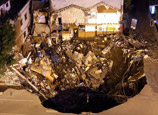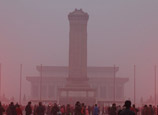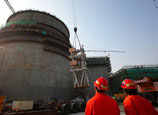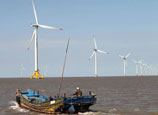
China saw a noticeable rise in capital inflows during the end of last year as the nation's banks bought more foreign currency than they sold on behalf of their clients in December, leading to surpluses of $54.3 billion in foreign exchange in over-the-counter transactions, according to figures released by the State Administration of Foreign Exchange (SAFE) Friday.
The balance between purchases and sales of foreign currency by banks is one of the largest contributors to China's foreign exchange reserves as banks generally sell their settlement surpluses to the People's Bank of China (PBC) or buy foreign currency from the central bank to offset their deficits, Zhu Tian, a professor of economics from China Europe International Business School (CEIBS), told the Global Times Sunday.
December recorded the fourth straight month of net foreign exchange purchases, as well as the highest single-month purchase amount during 2012.
Meanwhile, it appears that bank clients in China were increasingly inclined to convert their foreign currency into the Chinese yuan in recent months, a trend which the SAFE explained in a statement posted on its website Friday was the result of several circumstances, including signs of stabilization in the Chinese economy, monetary easing policies in major economies overseas, subsiding expectations of the yuan's depreciation and the fast-tracking of approvals on quotas for the country's Qualified Foreign Institutional Investor (QFII) and Renminbi Qualified Foreign Institutional Investor (RQFII) schemes.

















 Buildings collapse after subsidence in S China
Buildings collapse after subsidence in S China


![]()
